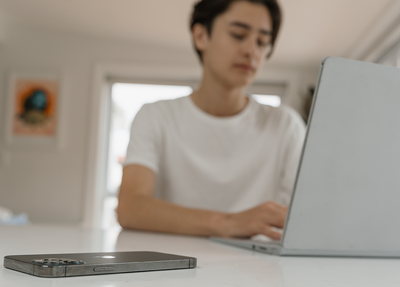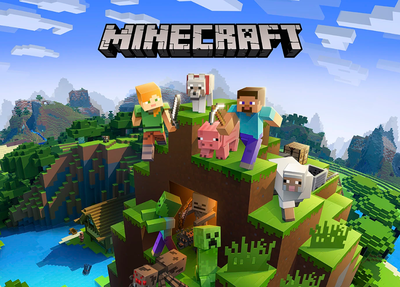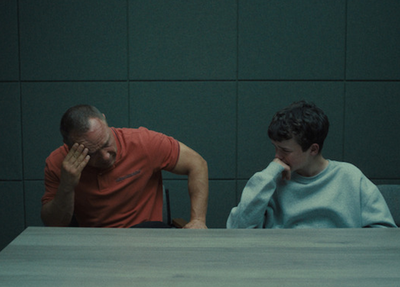How I wished my parents talked to me about upsetting content

Youth Advisory Panel member on June 20, 2022
I grew up in the early noughties and my household first got WiFi in 2011. My online space was simple, I opened up YouTube on my early generation iPod and watched Minecraft videos and Bad Lip Reading.
These days, the internet is a bit like the Wild West, everyone is on there. Behind a screen, anyone can behave as they please. From twitter rants, money-hungry YouTubers manipulating kids, to conspiracy theorists, harassment, and the deep web. Sometimes it terrifies me to think that children today, as young as toddlers, have an internet connection. Child-lock features are great but what about the content that falls through the cracks?
I was first exposed to distressing content online when I was around 13 years old. I do not remember exactly when I developed “mean world syndrome” (people who see the world to be more dangerous than it actually is because of exposure to challenging and sensitive content). I do know that I was far too young to watch the female prison-based series Orange is the New Black. But what was I to do? It was there, it grabbed my interest and no one knew I was watching it.
What I needed was a better understanding of the world and my place in it. Orange is the New Black is a show based on some very tough experiences and its purpose is to entertain as well as highlight societal issues. The comedy went way over my head and it was hard for me to separate reality from fantasy.
Like most people in my generation, I was on the internet for hours at a time for reasons like entertainment, connection, and escapism. However, the distressing content that I came across would amplify the idea of the world being inherently cruel and scary. And only later did I realise how much this contributed to the decline of my mental health, like many of my peers.
I wish my parents would have casually asked and taken interest in what I was up to online. Creating an environment for honesty can be tricky but there are key things parents can do.
It doesn’t help to condemn young people for what they see. This only creates further distrust and ensures that rangatahi will not confide in you again. I wish my parents would have sat with me and listened, fully present, when I was upset. When rangatahi feel heard they can release tricky emotions and have the space and time to feel understood. I wish I would have been reminded that the truth of my existence is in the here and now, not in the prison from Orange is the New Black.
Talk with you whānau about what they watch and what they might come across on their own. It doesn’t matter if you aren’t up to date with the latest content or don’t share the same tastes in what you watch. The point is to always be present and ready to listen to your tamariki without judgement or condemnation. Otherwise when they come across something that makes them feel uncomfortable, scared, or upset they won’t know who to talk to or how to process the way they feel.
This blog was written by Liv, a member of our Youth Advisory Panel.
Further reading
Talking with young people about what they’re watching
Talking with Tamariki about Scary Events
Brain development – how it works, why it matters
Help information
Negative or sensitive content can make us feel not great. It is okay to not be okay. Take a break and talk to your friends or whānau.
Don’t know who to talk to? Free call or text 1737 for more support.
Some good helplines for tamariki and rangatahi are 0800 What's Up, Youthline NZ 0800 376 633 or free text 5626 to contact the Low Down.
Subscribe to our blog
Stay up to date with the Classification Office blog.


